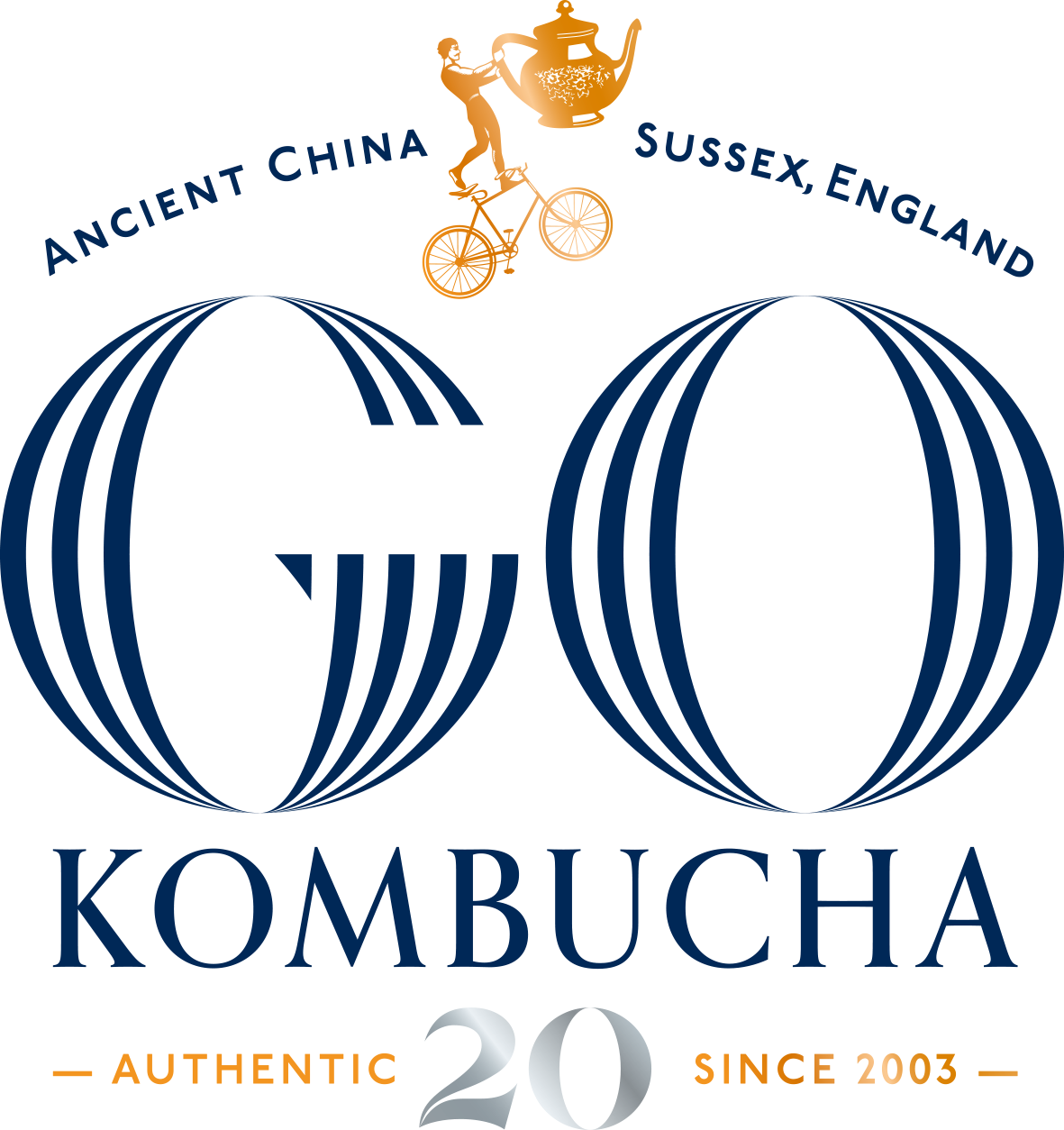COOKWARE INDUSTRY ADDRESSED ALUMINIUM ISSUE IN THE SIXTIES
Concerns about aluminium leaching into foods emerged in the late ‘60s - a decade after Coca Cola switched from glass bottles to cans - because of a marked spike in Alzheimer’s disease, which exploded around the same time.
Despite this, the scientific ‘Aluminium Hypothesis’ has long since been abandoned due in part to the might of the food industry, which has never published scientific data to show aluminium to be 100 per cent safe.
But aluminium leaching remains a concern. GO started the UK kombucha sector in 2003 using glass bottles due to the fact that putting bacterially live/active acidic tea in aluminium cans lined with flimsy, porous polymer plastic coating was a no-brainer. A 2023 lab study confirmed my intuition:
An industry that acted early on aluminium exposure to acidic foods is cookware. Aluminium pans leach a relatively minor amount but, compounded with trace amounts of aluminium from tinned foods and canned drinks, accumulates in the gut and the body, even reaching the brain and can lead to neurotoxicity.
Responding, to this concern, in 1968 manufacturer Calphalon developed anodized aluminium which undergoes an electrochemical process to create a harder, scratch and corrosion-resistant barrier to prevent aluminium contamination.
By comparison, the 2023 study above finds the kombucha industry lacking with can linings shown to be insufficient for low pH drinks, the amount of aluminium leached depending on:
i) temp stored (heat-treating/pasteurisation in sealed cans vastly increases acidic corrosion);
ii) use by date;
iii) number of cans consumed daily.
The cookware industry erred on the side of caution 57 years ago whereas the fledgling kombucha sector has blindly rushed to canning lured by the cost and space savings; some selling multipacks that encourage consumers to drink several cans a day.
The onus is now on kombucha canners to prove their products are safe if they are not to store up a potential health timebomb for the future.

